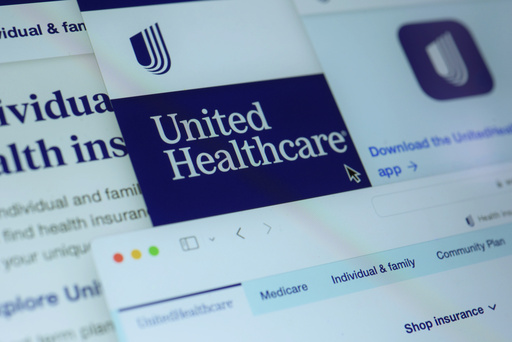UnitedHealth is testing the last major system it must restore from last month’s Change Healthcare cyberattack, but it has no date yet for finishing the recovery.
The health care giant said Monday that it is testing software for submitting medical claims. It already has largely restored systems for handling pharmacy claims and processing payments.
Change Healthcare provides technology used to submit and process insurance claims. It handles about 14 billion transactions a year and works with claims from several insurers.
The company said last month that the ransomware group ALPHV, or Blackcat, gained access to some of its information technology systems.
The American Hospital Association has called the cyberattack “the most significant and consequential incident of its kind against the U.S. health care system.” The association said the disruption from the attack made it harder for hospitals to provide care, submit insurance claims and get paid.
Federal civil rights investigators said last week that they would look into whether protected health information was exposed in the attack.
Earlier this month, UnitedHealth said that it restored nearly all of Change Healthcare’s system for processing prescriptions. That tells pharmacies how much to charge patients for a prescription based on their coverage.
Late last week, the company restored Change Healthcare’s electronic payments platform, which involves billing and payments between care providers and payers like insurers.
UnitedHealth said Monday that it is expanding temporary funding to support doctors and other care providers affected by the attack. The federal government also is some offering temporary, advance payments for Medicare claims.
___
The Associated Press Health and Science Department receives support from the Howard Hughes Medical Institute’s Science and Educational Media Group. The AP is solely responsible for all content.



